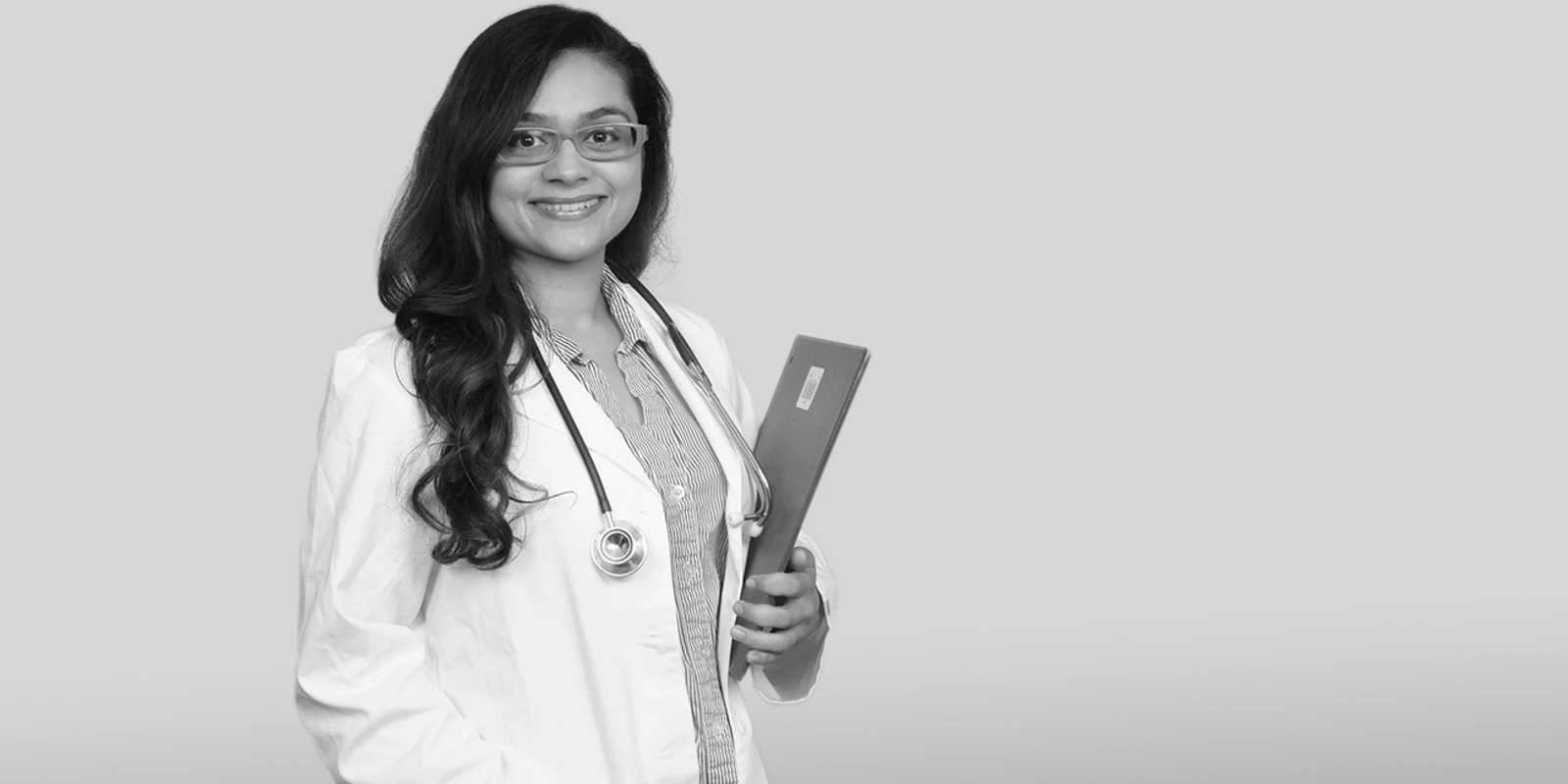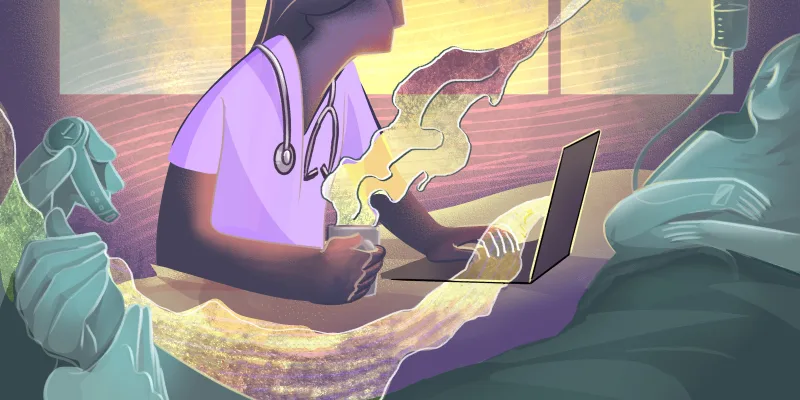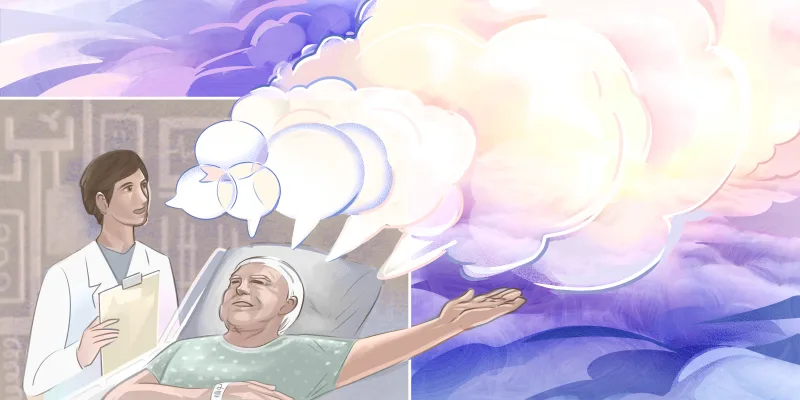
Name: Rachna Patel, DO
Specialty: Emergency Medicine
Education: Touro University California College of Osteopathic Medicine, Northwestern University
Areas of Expertise: Medical Marijuana
Current Position: Medical Marijuana Doctor
1. Why did you choose to become a marijuana doctor?
I became a doctor because I wanted to impact meaningful change in people’s lives.
While going through training in Emergency Medicine, I was handing out prescriptions, on the one hand. But, on the other hand, I found myself treating the side effects of these prescription medications. I encountered patients that had become addicted to these prescription medications. And, I was in the unfortunate position of resuscitating patients that had overdosed on these prescription medications.
So, I wasn’t really solving any problems. In fact, I felt like I was creating problems.
After spending a year digging through the research on medical marijuana, I saw its potential as a much safer alternative to prescription medications. In fact, when I signed up to work at a medical marijuana clinic I was taken aback by the clinical outcomes I saw. Many of my patients, with the use of medical marijuana, were able to eliminate the use of their prescription medications all together!
2. What is the last journal article or piece of research that significantly changed your practice?
This one study single-handedly changed the course of my career! It opened my mind up to the possibility of using medical marijuana to treat chronic pain.
It suggested that patients with chronic pain may experience greater pain relief with the addition of medical marijuana to their opiate regimen. It also suggested that combining medical marijuana with opiates could result in reduced opiate dosages.
3. Outside of your daily practice, do you have any personal or professional projects that you’re passionate about?
I firmly believe that medical marijuana has the potential to change the face of medicine. In an effort to reach and impact even more lives, I’m currently working on creating protocols for medical marijuana use by medical condition to propel this vision forward.
4. What is a common misconception that other clinicians have about medical marijuana?
Where do I even begin? There are far too many to cover here. Let me address the most common.
- It’s addictive. There’s certainly a potential for addition to medical marijuana, just like many other medications. But, it needs to be taken in context. Two large-scale surveys published in the 1990’s (1991 and 1994) found 36% of adults in the US met the criteria for tobacco dependence, 14% met the criteria for alcohol dependence, 5% for marijuana dependence.*
The results reflect addiction potential in heavy users of marijuana. In fact, in one of the surveys, the participants specifically reported using marijuana to get high. We’re lacking data on risk of addiction in medical users.
Clinically, I’ve found that patients are able to use medical marijuana on an as-needed basis. And, are able to stop use abruptly without experiencing symptoms of withdrawl.
In addition, we’re also lacking data on the potential for addiction compared to prescription medications with a high risk of abuse, such as opioids.
- It causes a high. The toxic effects of medical marijuana are dose-dependent. So, helping patients titrate down to the therapeutic dosing window helps to avoid the toxic effects of medical marijuana all together.
- It can only be smoked. I advise my patients against smoking medical marijuana. There are a myriad of other methods of administration that have proven effective, including vaporization (another form of inhalation), topical, oral, sublingual, rectal, and/or vaginal. The efficacy of each method of administration varies by the specific diagnosis.
5. Who are your mentors?
My father. Growing up, he’d recite this one quote from the Bhagavad Gita a lot. “You are only entitled to the action, never to its fruits. Do not let the fruits of action be your motive…” These words guide me each and every day.
6. What’s the best advice you’ve ever received?
Sometimes, it’s better to ask for forgiveness than permission.
7. How do you motivate patients to do what’s best for their health?
This question brings to mind a stupefying encounter I had as a resident. I saw a young morbidly obese boy with sleep apnea. My attendings on the case made repeated recommendations for a surgical consult. But, this boy’s single mother worked 3 jobs and had 4 other children. I probably got more sleep as a 1st year resident than she did. And, the risk of skipping work meant not being able to pay rent or put food on the table.
Each and every time, the attendings in very authoritarian style simply reiterated the need for the surgical consult. And, that was that. They had no interest whatsoever in hearing her out. Ultimately, my attendings decided to report the mother to Child Protective Services for neglecting the child’s health.
I still wonder if the outcome could have been different if the patient-physician relationship in this case could have been one of a partnership focused on brainstorming a solution to the problem.
8. What is the biggest challenge or obstacle in being a marijuana doctor?
What isn’t a challenge! A couple years ago, when I first opened my practice, I visited the offices of other physicians in complementary specialties to introduce myself. I could not get past the office manager. I basically got the door slammed in my face. Fast forward to present day, I get referrals from physicians employed by Stanford University.
9. What are your favorite Doximity features and how have they helped your productivity (Dialer, DocNews, Career Navigator, e-Fax, etc.)?
The Dialer helps to open up lines of communication outside of the office and outside of office hours.




